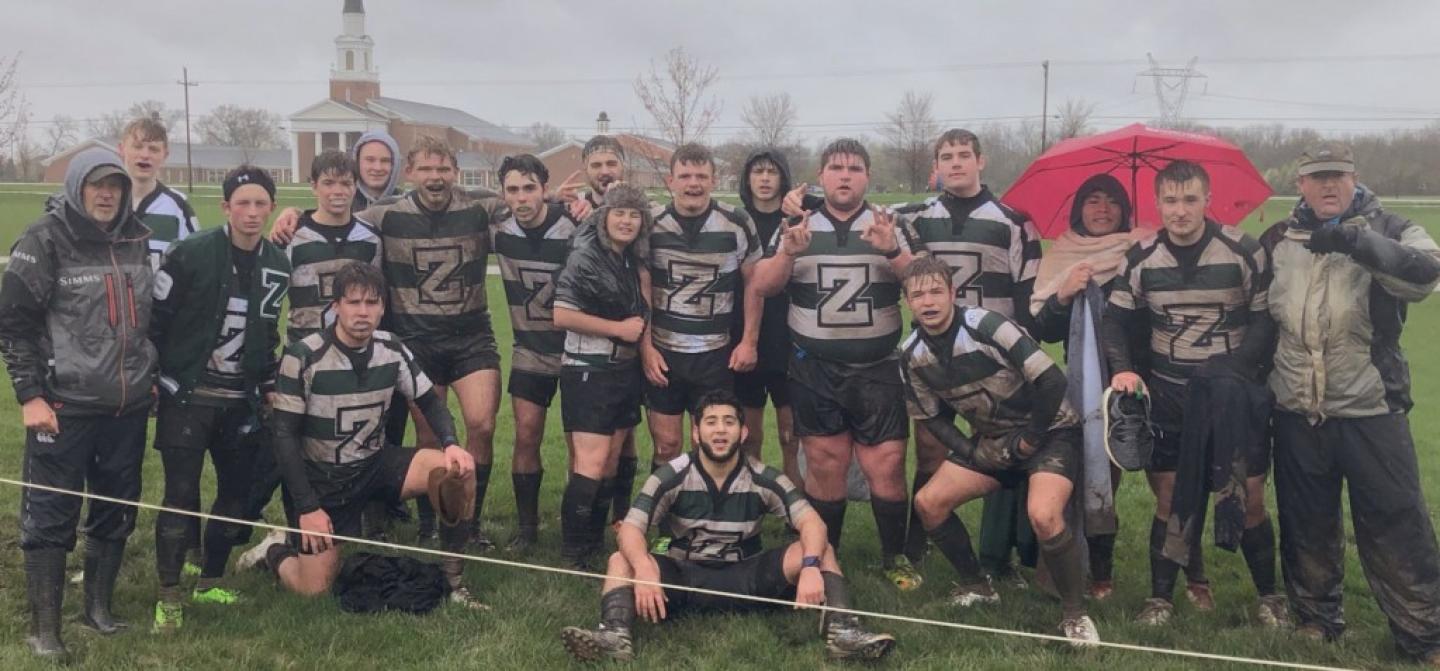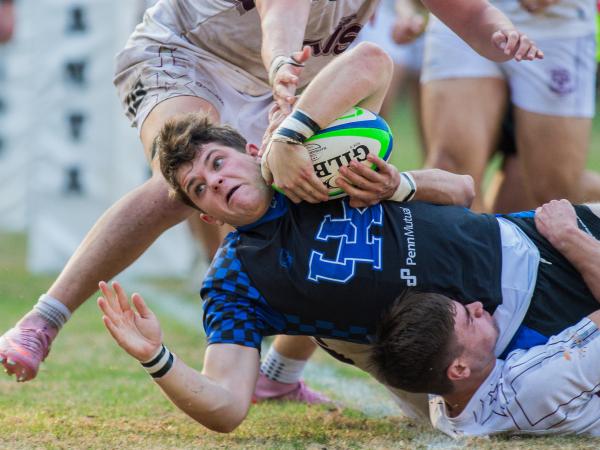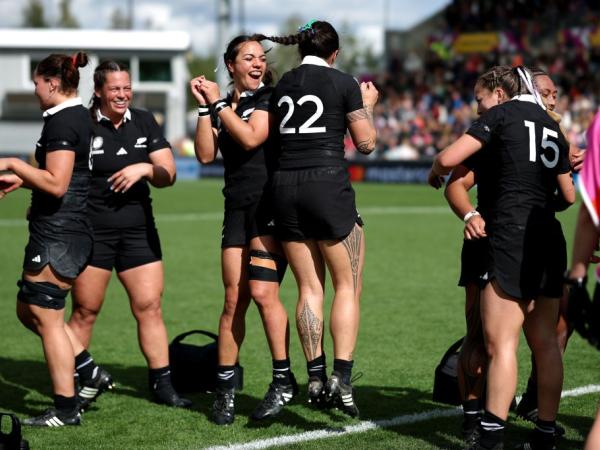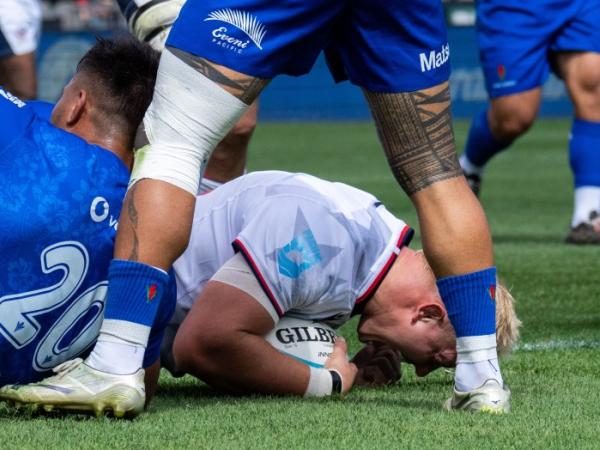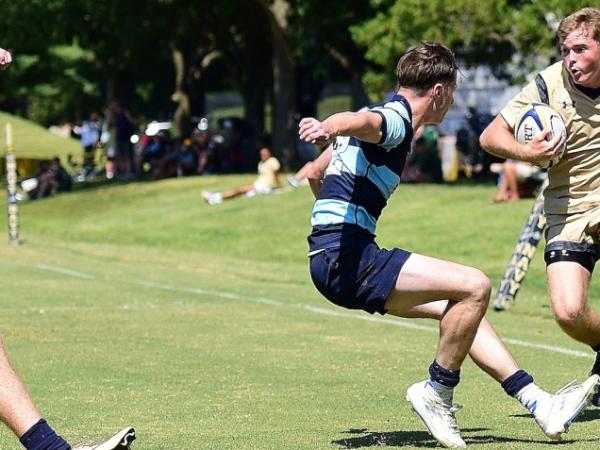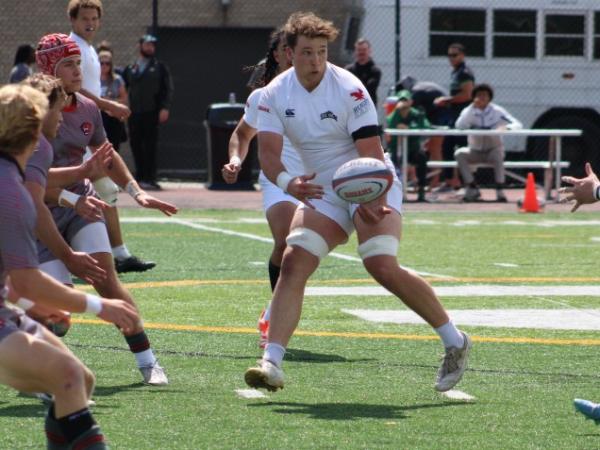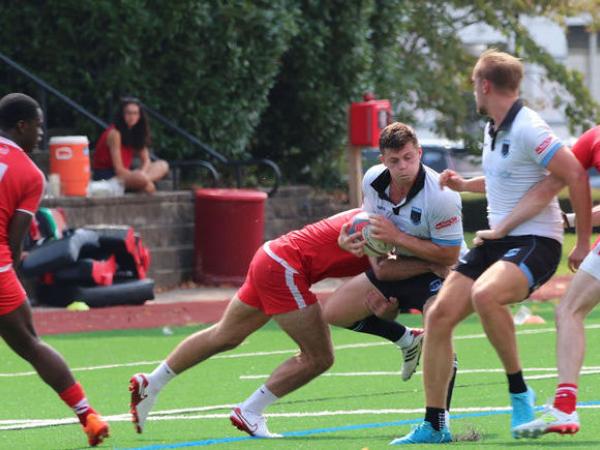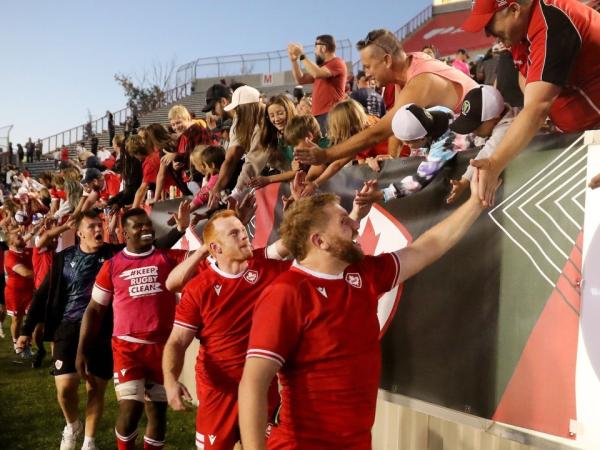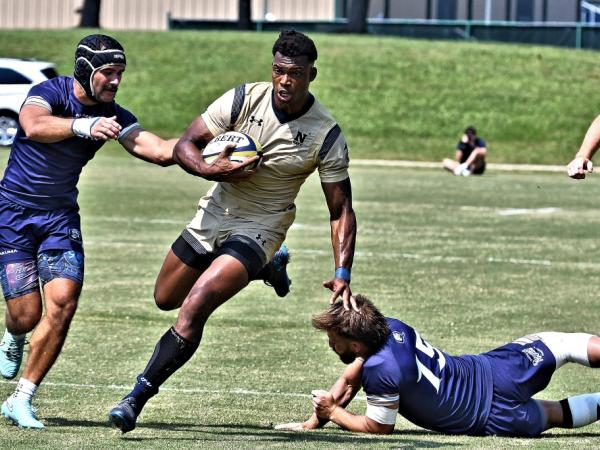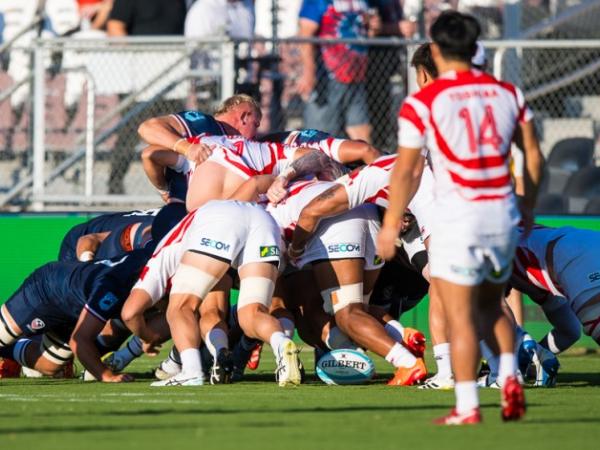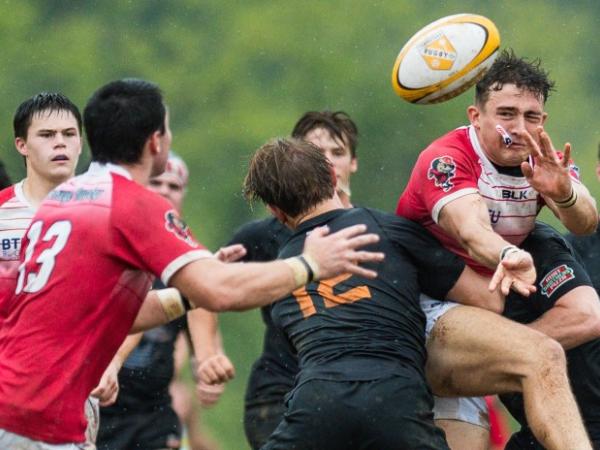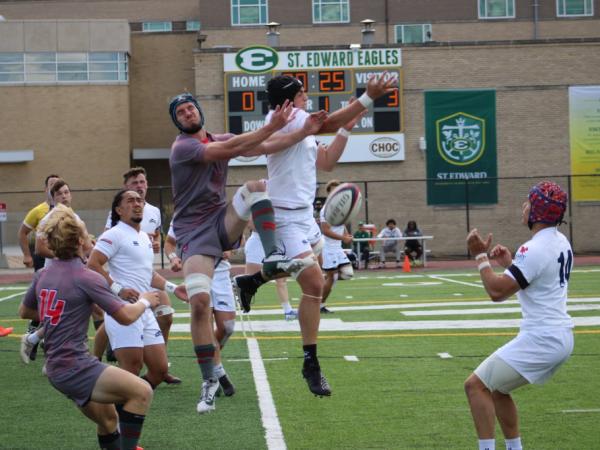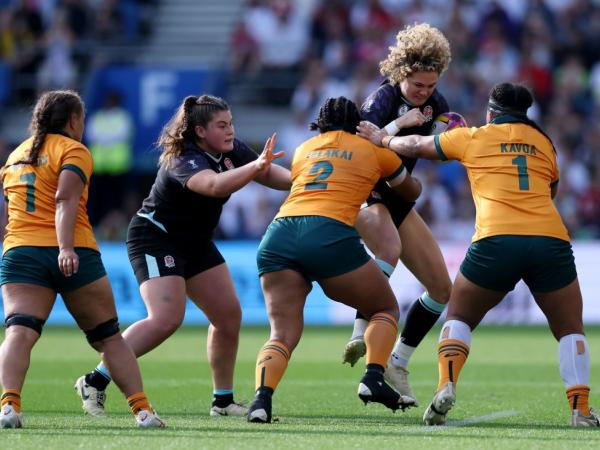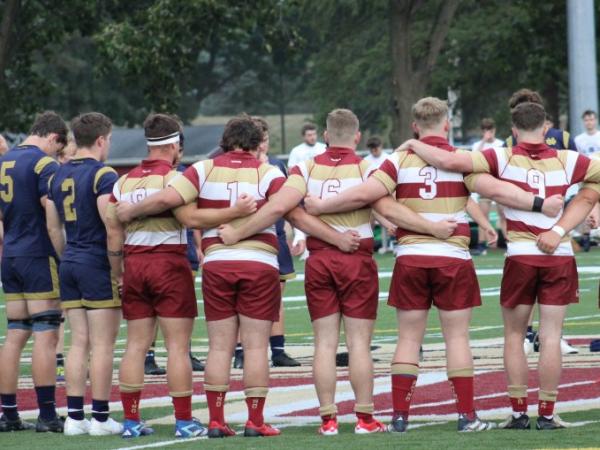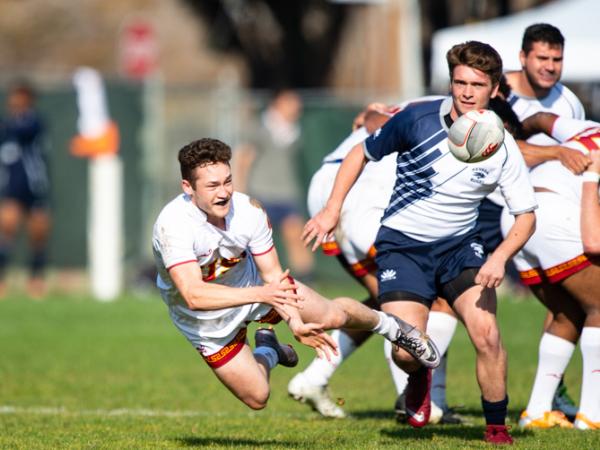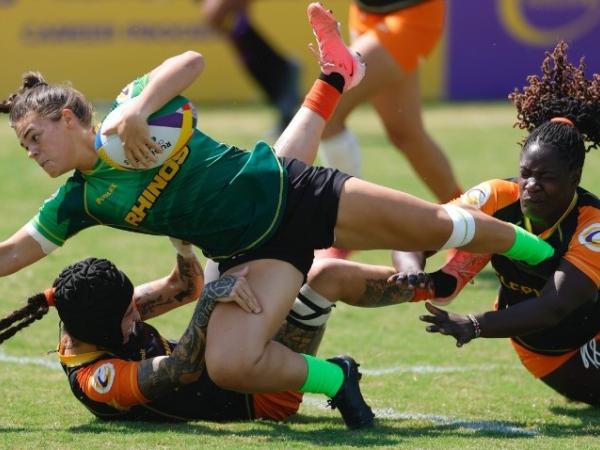As the trend of high school rugby teams getting a feeder system or being a private school to increase their ability to gain the best players, it can be easy to overlook that there are small school club teams that only have a high school side.
That happens to be the case with the Zionsville Community High School rugby team. As a school club team, they don’t enjoy any of the luxuries of premium recruitment of local talent nor do they enjoy the full backing of the athletic department.
Zionsville competes in Division One of Rugby Indiana, which happens to be the second tier of rugby in Indiana behind the Super League which hosts teams like Royal Irish and Penn HS. The team must use players from the roughly 2,200 people who attend the school. Oftentimes they get only 25 or fewer players for a season.
Zionsville’s program was started under leadership by current head coach Larry Shiller back in 2003. Since then, Zionsville has won one state title in Division Two which was discontinued after the 2016 season. The club also has achieved four D2 and two D1 conference championships, with their latest coming in 2019.
Players Do The Recruiting
When it comes down to bringing on new talent, the team relies heavily on the dedication of the players to go out of their way and recruit any students who want to try out the sport. The vast majority of the time, these new recruits have no previous rugby experience.
Every year multiple players stand at the rugby table at the school’s club fair and have students sign up. For the players, getting 10 people to continue playing rugby out of the 60 players is a massive achievement. But the team keeps recruiting from here until the end of season.
Co-captain Colson Hubbard, who started playing rugby after a friend had asked him to try rugby out, discusses what it is like recruiting for a small club.
“It’s fun recruiting people for rugby, it’s a sport not a lot of people know about and most are interested to learn more. It’s more difficult to get people to play as it is new, different, and not as big as most other sports,” Hubbard said.
Zionsville doesn’t go out and hunt for the best athletes, or the most agile people. Instead, they ask the players to ask their friends just to come out to practice. The philosophy behind this is the “try but don’t buy” model. New players don’t feel like they have to be locked into the decision immediately, which helps the players to go out and have fun instead of having to make a split second decision. As a result, many different personalities decide to join the team and create bonds that traditional methods may not have produced.
“Zionsville’s team is made up of all different kinds of people," said Hubbard. "Each and every player has a different skill set and experiences. But together we all have fun and get better as one team.”
Unlike varsity teams or feeder system clubs, players at Zionsville can’t be replaced as easily for a better immediate player since most players are new to the sport. This means that the seniors often become not only the vocal leaders, but also as the best players on the pitch. A prime example occurred with the class of 2019. Over ten seniors finished up their high school careers that year. Their sophomore year the team had finished with a 2-7-1 record, but by their senior year they went 5-2 to finish top of the conference.
“Over the years, the development of each player is tremendous. In terms of skill and mindfulness of the game, but also in their teamwork and dedication off of the pitch,” Hubbard said.
Overall, Zionsville may not be a giant in the rugby game. However, they show how a smaller program can build a culture that allows the players to improve over years to be their best and play for each other.
—This is Tyler Gautwein's first article for Goff Rugby Report.






